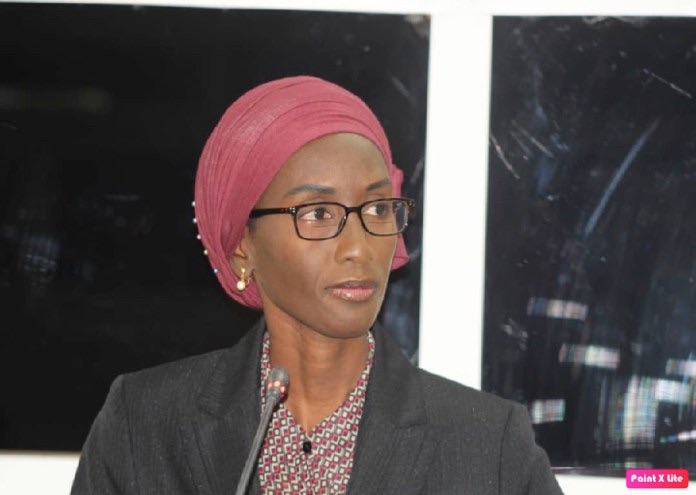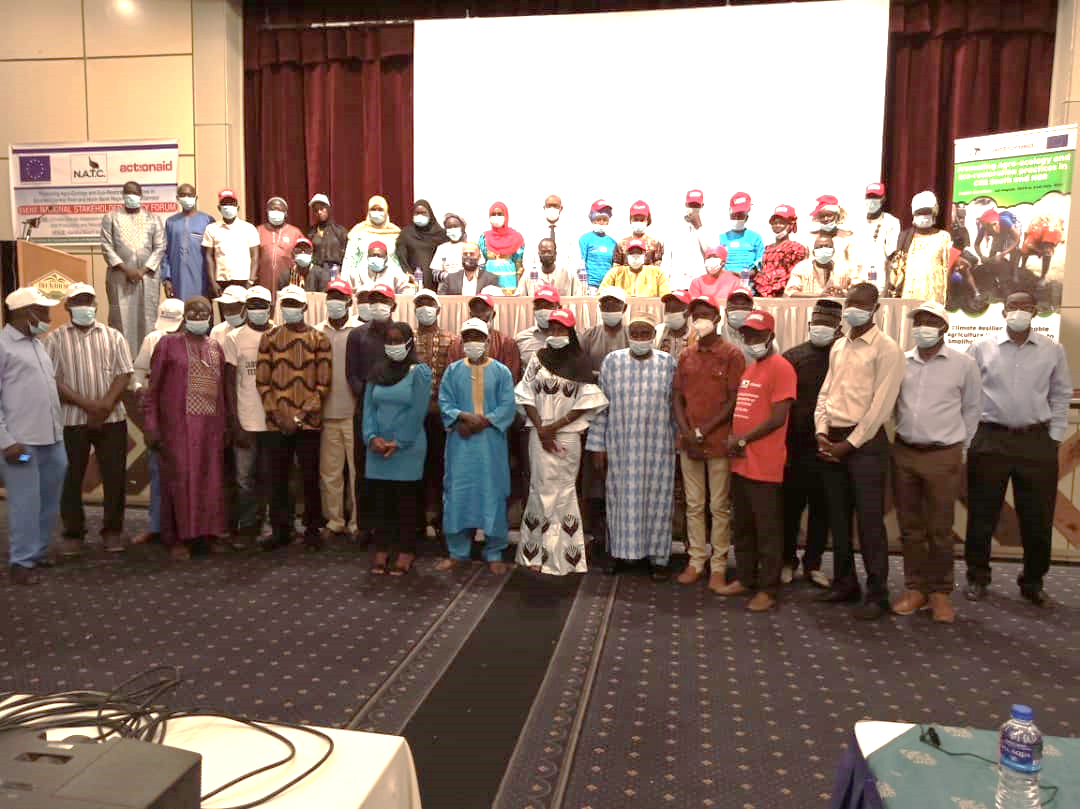By: Malanding Darboe & Kumba Faal
The Gambia Bar Association (GBA) said Monday that the process of re-introducing a new constitution should be participatory, inclusive, and consultative.
The GBA acknowledged that it welcomes the re-introduction and gazetting of a draft constitution as an important step towards replacing the 1997 Constitution which, it said, is not ideal for the Gambia’s democratic trajectory.
“While the GBA acknowledges this important step which is a legal requirement before the tabling before the National Assembly, we must reiterate that the constitutional building process is an intrinsic part of our country’s quest to rebuild its democratic and rule of law institutions after a 22-year dictatorship,” the GBA said in a statement.
The bar association said it is of the view that the Executive should have informed the public and other stakeholders of the changes they intended to make to the Draft Constitution before it was gazetted, for the benefit of broader public and stakeholder reactions which also the National Assembly can take on board during the legislative process.
“The constitution is the supreme law of the country serving as the foundation from which all other laws derive their legality. It holds authority over all legislations passed by the National Assembly, and it is subject to a referendum availing citizens the opportunity to either endorse or reject it,” it pointed out.
“The constitution recognizes the sovereign will of the citizens by expressly stating that all powers exercised by the government are derived from the people. That, in essence, reinforces the supremacy and significance of a constitution because it reflects the collective ideals and sovereign will of the people on how they wish their country to be governed, how power is exercised, the limitations on that power, and how law is applied to achieve a democratic and rule of law society,” it added.
The GBA said it has noted, with grave concern, the lack of transparency and absence of stakeholder consultation in the steps taken by the Executive arm of Government.
It pointed out that the Draft Constitution presented to the government by the Constitutional Review Commission (CRC) followed a highly transparent and participatory approach with citizens both here and in the diaspora.
“In line with that spirit, the GBA envisaged that any subsequent attempt to resurrect the 2020 Draft Constitution will be consultative, inclusive, and transparent to achieve a high level of national consensus which will help unite the political actors and the citizens in support of the draft,” itnoted.
It added: “The GBA is concerned that the Executive arm of the Government, in its quest to reintroduce the Draft Constitution, did not engage other important stakeholders but instead went ahead to make unilateral amendments to the CRC 2020 Draft against the collaborative spirit that has characterized our transitional justice journey from 2017 to date. The decision on the part of the Executive to go ahead with the redrafting and gazetting of the 2024 Bill without consulting other stakeholders could pose challenges in building national consensus on the most important law of our nation and potentially undermine the legitimacy of the Bill and the process.
“As a rule of law institution and an important stakeholder in this process, the GBA will actively play its role in the next 90 days leading up to the tabling of the Bill in the National Assembly. We will engage other key stakeholders ranging from the Executive, National Assembly Members, Judiciary, Civil Society Organizations (CSOs), religious groups, and others during this period. We will also present a position paper after we have had the benefit of thoroughly reviewing the 2024 draft.”
The GBA reiterated its commitment to the constitution-building process to ensure that it is legitimate, transparent, and consultative, stressing that these are sacrosanct and all efforts must be made to achieve an outcome that speaks to“our hopes, aspirations, and sovereign will”.
The GBA further reiterated its commitment towards the ushering of a Third Republic founded on a people-centeredconstitution to replace the 1997 “draconian Constitution that was the fulcrum that enabled tyranny, dictatorship, and impunity against the citizenry”.





